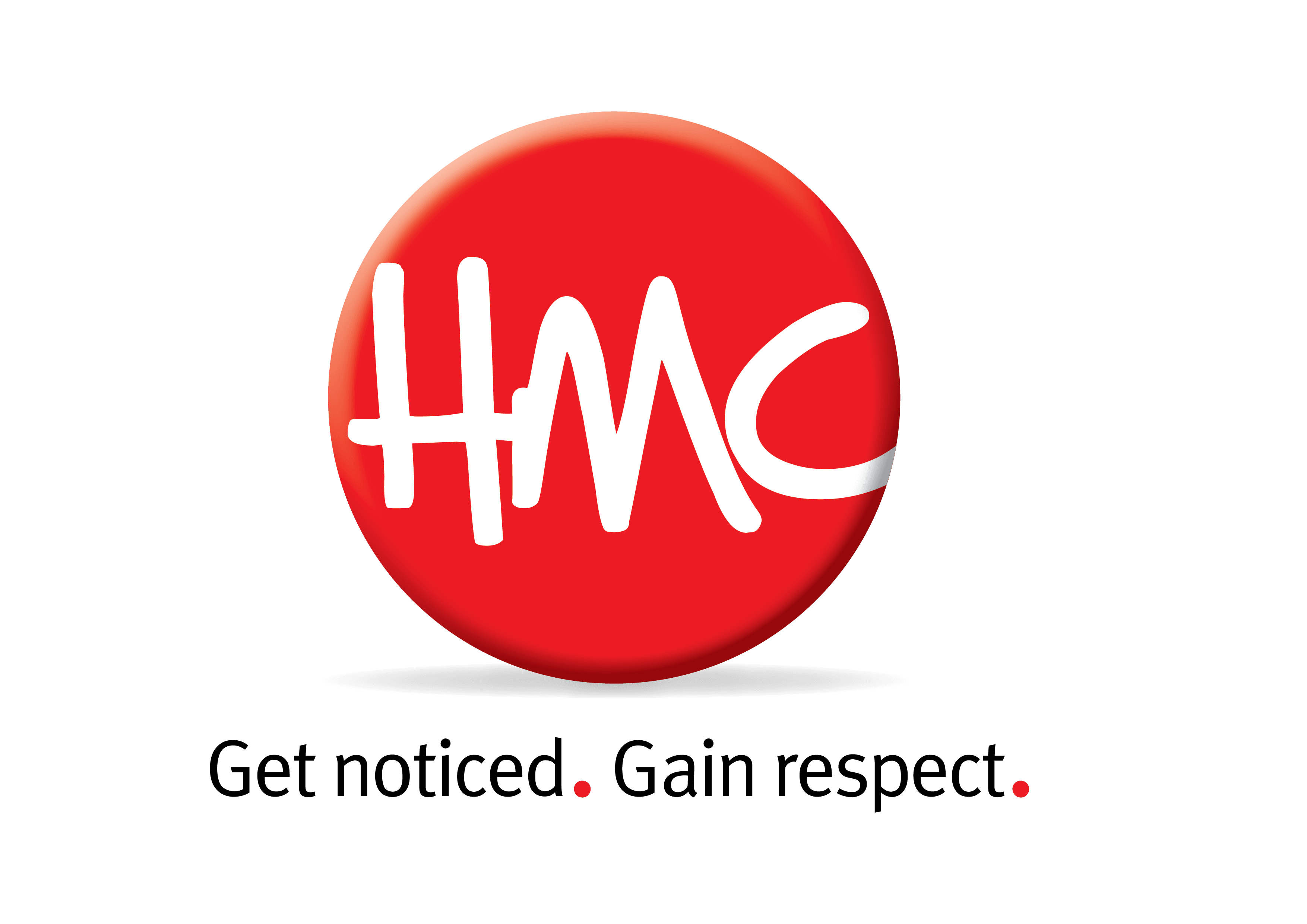Crisis management is something we do a lot of at HMC. We rarely talk about it - for obvious reasons - but often find ourselves picking up the pieces of a reputation that shouldn’t have shattered in the first place.
While occasionally a crisis hits from out of the blue, more often we see one evolve from a badly handled ‘incident’. A judgement call that erred on the side of butt-covering rather than transparency. Radio silence that gave staff or customers time to create their own narrative. An off-the-cuff remark by a leader that lacked empathy, felt fake or was defensive.
It’s overwhelming to think about all the scenarios that could derail your reputation in this highly connected world, but burying your head in the sand isn’t a valid option either. The challenge is finding the ‘sweet spot’ of preparedness, so you can keep tabs on the ‘vibes’ with your customer base online and in your industry, have goodwill in the bank, great minds to check your thinking when your head’s on fire, and experts and systems you can rely on in a jiffy.
If you’re quickly realising you have a bit of work to do in this area and have been putting it off, you’re not alone. Here are a few ways you can take action:
Take your online presence seriously – listen to the keyboard warriors, nail your tone of voice and above all, be responsive. A social media listening tool that analyses sentiment is also worth its weight in gold. If the budget doesn’t stretch to include media monitoring too, Google Alerts are a secondary option.
Consider scenario mapping. It’s uncomfortable but you need to think about the risks most likely to bite you, from a supply chain snarl-up to a prominent podcaster casting shade on your product’s claims or an aggrieved employee going rogue.
Think about the minds you will need in your ‘situation room’ when it counts – not ones that will nod agreeably, rather, ones that will challenge your thinking in all the right ways. And no, you don’t need a bunker but it would doubtless enhance the experience!
Have experts on tap like a lawyer, a PR expert and your insurance rep, ideally ones who can hit the ground running at a moment’s notice.
Consider a media and/or social media policy for your staff, or just guidelines that support responsible use in the workplace, protect your online brand presence and makes crystal clear who can speak to the media.
Do an honest stocktake on your company culture and values and whether your leadership team is walking the talk. We all want to think it’s easy for staff on the factory floor to blow the whistle or for leaders to share their concerns or expose vulnerabilities freely with the Board, but is it really?
Adopt AI powered platforms, including ones that help you keep tabs of industry happenings, provide continuous intelligence about your competitors and predictive analysis. It’s tough to keep pace, but it’s important to not get left behind.
Reinvent your risk register so that it lives and breathes beyond a spreadsheet and tick-box exercise at a board meeting once or twice year. To be useful, it needs to reflect emerging vulnerabilities and real-time intelligence and insights. And be sure to include reputational risks, as well as operational.
Test your team with a simulation. It might sound OTT, but it can work well, especially to highlight blind spots, boost confidence and reveal cognitive biases.
Adopt a system that enables real-time communication and collaboration, like Microsoft Teams. It's the ultimate one-stop-shop in a crisis for live chats, video calls, document sharing, including with experts outside the business when the situation calls for it.
We have lots more tips and tricks in our kete when it comes to crisis comms so if you need a helping hand, don’t hesitate to holler!

